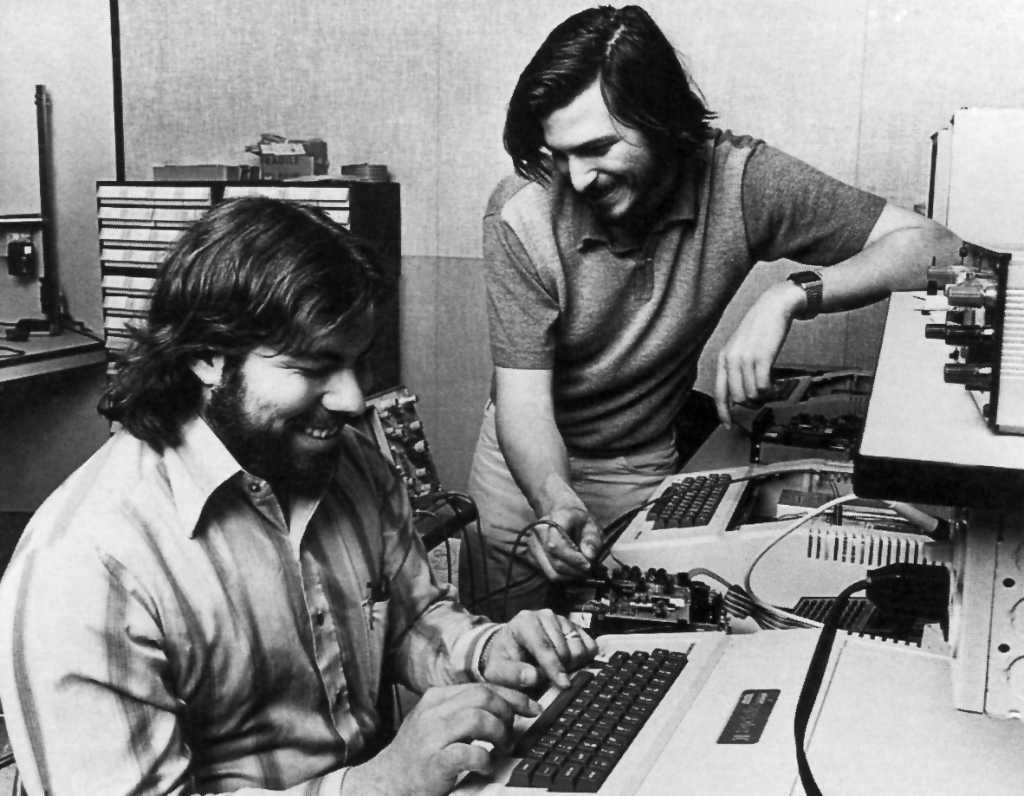The failure rate for startups varies by which data set you use, but it’s definitely over 50% — likely somewhere between 60% (low end) and 90%+. There are obviously any number of different factors and contexts from business model to industry to initial partnerships to funding, etc.
One thing held constant across startups, though, is that they’re founded. They’re created from nothing by one person or multiple individuals. The sheer act of being “founded” is one of the only commonalities across Startup Land.
As such, there’s north of 7 million Google results for articles with headlines “The Most Successful Startup Founders Have These Skills.” (Almost all of these articles will begin with “The Most Successful Startup Founders,” as an aside.)
Because there are 7 million+ of these articles, combing for valuable information about what startup founders need to do in the initial stages can be a time-consuming process. We tried to do some of the lifting for you. Here are a few big things we discovered.
Lessons from Apple
Despite the “started in a garage” narrative, the fact is Apple never actually started in a garage — but it did begin in Los Altos, California as a startup. That startup now has the largest market capitalization in the world, so it’s a logical place to try and draw founder lessons from.
You probably know these guys:

That’s 1977.
While the conventional modern narrative is about Jobs’ brilliance and design thinking, the actual picture may be more nuanced and give a lesson to startup founders looking for initial partners.
Here’s what Wozniak himself has said:
“People who are very similar in personalities and values can work better together. Steve and I were very similar in values [wanting] to use technology to improve the lives of human beings and make them more masters of their destinies. In personality, he wanted to be out in front, be master of a company, make something in life, and be important, while I really just wanted to design computers and be a great engineer. I wasn’t into all the politics and the way businesspeople think, whereas Steve was. You need both of those, but you need other disciplines as well. Our company was not just two people.”
First brick in this building:
- Values the same
- Personalities different
The role of technical skills for startup founders
This is an interesting discussion question that eTeki has kicked around because of their role in the technical hiring space: namely, do founders or early-stage employees need to have a greater mix of technical skills or business development skills? What’s going to be more crucial to building the business effectively?
Turns out there has been recent research on this, based on notable German startups. The ultimate conclusion of the paper is that the most effective, scaled startups begin with technically-skilled founders who then hire business-focused people.
As the authors note:
“One theory for why technical skills seem to matter more for a founder is simply that the average technical founder has better business skills than the average business-trained founder has technical skills.”
The research is interesting, but the important takeaway is one you might have known before the research: a business absolutely needs both technical skill/leadership and business development/leadership in order to successfully grow
… and the other bottom line (via research)
… is this: based on research across 5,300 startups from 1992 to 2007, the No. 1 predictor of success is the initial slate of hires after the founders. (It can vary by number, but give or take it’s the first 10-15 hires.)
When launching a new venture, then, the first dozen or so hires you make might be the absolute make-or-break for the first few years. You need to get it right.
In reality, you always need to get hiring right — but an enterprise company hiring Employee No. 102,738 is a lot different than a startup hiring Employee No. 6.
If you come from a more business-centric background (development, plan modeling, etc.) and you need technical talent to bolster your end product or service, you absolutely need a plan for finding that technical talent.
One of the biggest challenges for business development professionals is simply that, while their idea may be potentially worth billions, they might not understand the full scope of the technical skills needed to make it a reality.
eTeki helps evaluate gaps in expertise — and thus help you avoid bad hires. While they do work with some enterprise on volume hiring needs, they’ve worked with early-stage startups to make sure they have the right people in place to begin their scaling process.
Extending the discussion
We’d like to hear from you on social media after reading this post. Use the hashtag #etekistartups and tell us what combination of founders and early-staff skills you think is important. We’d love to hear how people think about the personal side of building out a new idea.

Ryan Leary
Ryan helps create the processes, ideas and innovation that drives RecruitingDaily. He’s our in-house expert for anything related to sourcing, tools or technology. A lead generation and brand buzz building machine, he has built superior funnel systems for some of the industries top HR Tech and Recruitment brands. He is a veteran to the online community and a partner here at RecruitingDaily.







